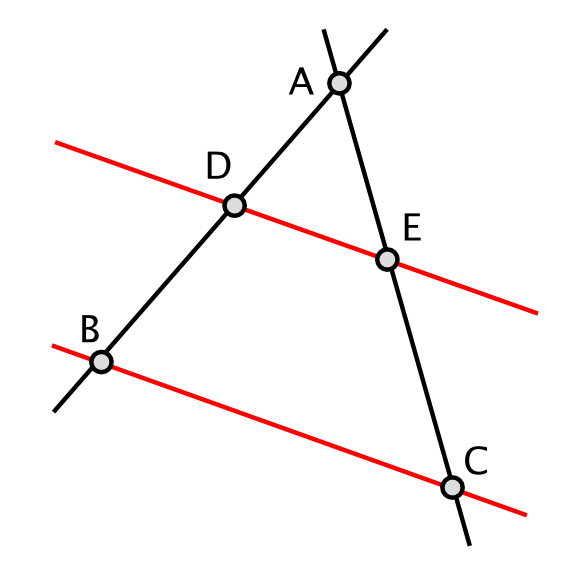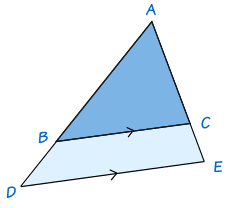Meaning of Theorem: A theorem is a statement or proposition in mathematics or logic that is proven on the basis of previously established statements. It’s a conclusion or result that has been formally proven to be true using a chain of logical reasoning, starting from certain axioms and definitions. Theorems form the fundamental building blocks of mathematical and logical theory, establishing truths that can be used to prove further statements.
Etymology and Origin: The word “theorem” comes from the Greek word “θεώρημα” (theōrēma), which means “a spectacle,” “a speculation,” or “a thing looked at.” The root of this word, “θεωρέω” (theōreō), means “to look at” or “to consider.”
- Greek Roots: In its original Greek usage, the term had a broad meaning relating to viewing or contemplating something. In the context of mathematics and philosophy, it came to mean a proposition to be looked at and understood through logical reasoning.
- Latin and English Adoption: The word was adopted into Latin as “theorema,” and later into English with the same spelling. In English, it has maintained its specific mathematical and logical connotation, referring to a proposition that has been or needs to be proven.
Thus, “theorem” has evolved from its Greek origins, meaning a subject of contemplation or speculation, to a term in mathematics and logic signifying a proven or provable proposition.



